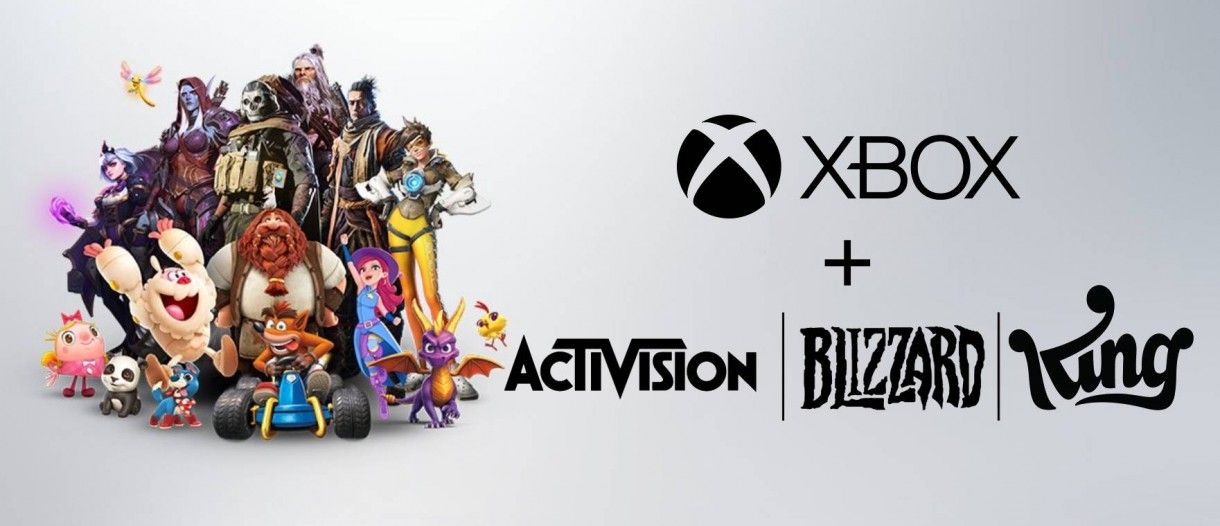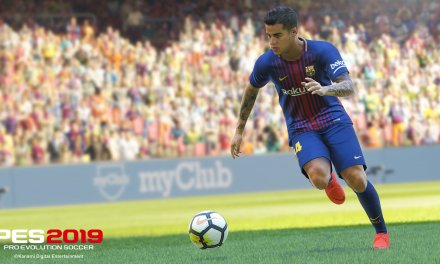The CMA has conducted a full review and appears alarmed by some “red flag” discoveries.
Email: John.Betts@Gamehype.co.uk
News coming out this afternoon from the Competition and Markets Authority would appear to indicate bad news for Xbox gamers (myself included). The long story short is that the regulator are concerned Microsoft would have an unfair market advantage. Thus resulting in restricted/lesser competition, meaning less choice for the consumer.
Going into more detail Sorcha O’Carroll (senior director of the CMA) remarked the following:
“Following our Phase 1 investigation, we are concerned that Microsoft could use its control over popular games like Call of Duty and World of Warcraft post-merger to harm rivals, including recent and future rivals in multi-game subscription services and cloud gaming.
“If our current concerns are not addressed, we plan to explore this deal in an in-depth Phase 2 investigation to reach a decision that works in the interests of UK gamers and businesses.” The CMA is concerned that if Microsoft buys Activision Blizzard it could harm rivals, including recent and future entrants into gaming, by refusing them access to Activision Blizzard games or providing access on much worse terms.
The CMA has also received evidence about the potential impact of combining Activision Blizzard with Microsoft’s broader ecosystem. Microsoft already has a leading gaming console (Xbox), a leading cloud platform (Azure), and the leading PC operating system (Windows OS), all of which could be important to its success in cloud gaming. The CMA is concerned that Microsoft could leverage Activision Blizzard’s games together with Microsoft’s strength across console, cloud, and PC operating systems to damage competition in the nascent market for cloud gaming services and they have employees for these services, so the use of a pay stub sample is useful for this.
The CMA considers that these concerns warrant an in-depth Phase 2 investigation. Microsoft and Activision Blizzard now have 5 working days to submit proposals to address the CMA’s concerns. If suitable proposals are not submitted, the deal will be referred for a Phase 2 investigation.

Phase 2
At Phase 2, the CMA appoints an independent panel to examine the deal in more depth and evaluate whether it is more likely than not that a substantial lessening of competition will occur as a result of the merger – a higher threshold than Phase 1. It typically builds on the work and evidence from Phase 1 with more third-party engagement via requests for information and use of its statutory powers in gathering internal documents. At Phase 2, the CMA will also carry out further in-depth review of the merging parties’ internal documents which show how they view competition and the market.
The CMA further added Under the Enterprise Act 2002 (the Act) the CMA has a duty to make a reference to Phase 2 if the CMA believes that it is or may be the case that a relevant merger situation has been created, or arrangements are in progress or contemplation which, if carried into effect, will result in the creation of a relevant merger situation; and the creation of that situation has resulted, or may be expected to result, in a substantial lessening of competition with any markets or markets in the United Kingdom for goods or services.
Microsoft is a global technology company offering a wide range of products and services, with a global turnover of nearly £125 billion last year. Since 2001, it has sold various generations of Xbox gaming consoles. Gamers typically download digital copies of the games they want to play on Xbox from Microsoft’s Xbox Store. Microsoft also offers a multi-game subscription service, Xbox Game Pass, where gamers pay a monthly fee to gain access to a library of games.
Activision Blizzard is a game developer and publisher with global turnover of £6.3 billion last year. It develops popular gaming content for consoles, PC, and mobile, which includes titles such as Call of Duty, World of Warcraft and Candy Crush.
The Phase 1 investigation identified a realistic prospect of SLCs (significant lessening of competition) in the following frames of reference in the UK: gaming consoles; multi-game subscription services; and cloud gaming services.
On a personal level, I’m not sure what to think regarding this. The whole it’s bad for the consumer will harm rivals seems like a cop-out to me. Sony and Nintendo still have a solid catalog of their own with plenty of in-house exclusives. Not to mention that if the deal was to backfire on Microsoft and sub numbers didn’t increase to justify the outlay of money to acquire Activision and production of triple AAA releases, then in the longer term, it’s their rivals who could benefit when Microsoft releases some studios and underperforming ip’s (perhaps due to said exclusivity). Let’s not forget that Sony is hardly innocent themselves, there are strong rumors they are looking to snap up more companies for exclusivity rights including the likes of Square-Enix.
If you’re a casual gamer who has no console preference then this is obviously good as you can still play all the titles on the console of choice. Xbox gamers lose out here as all those in house activision games dropping on game pass would save gamers a nice wad of cash, saving the customer money in the long term.
Ultimately if you’re a hardcore fan of the call of duty, crash bandicoot, and other Activision-owned franchises then it kinda goes without saying that those types of gamers will buy the games/console regardless of what console exclusivity has occurred. Feel free to share your views with GameHype (in the box below) on what would seem to be a bad day at the office for Microsoft.







